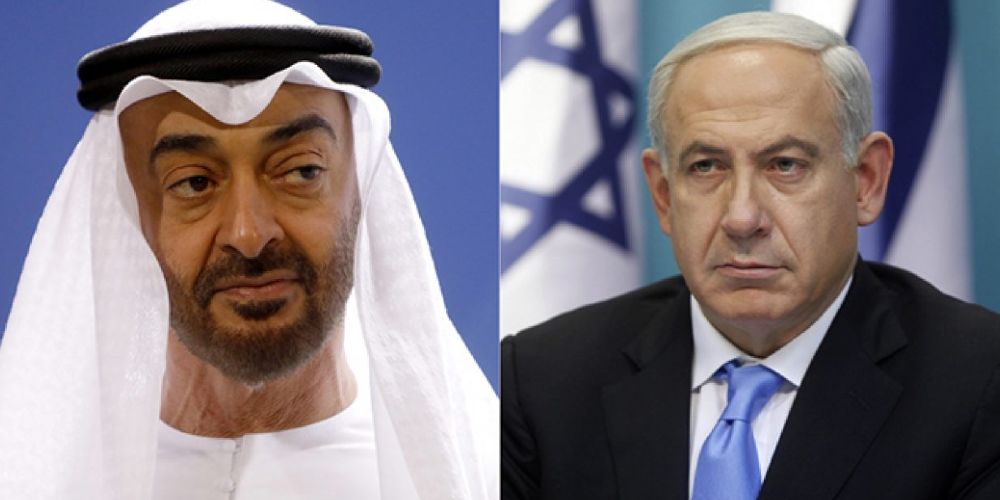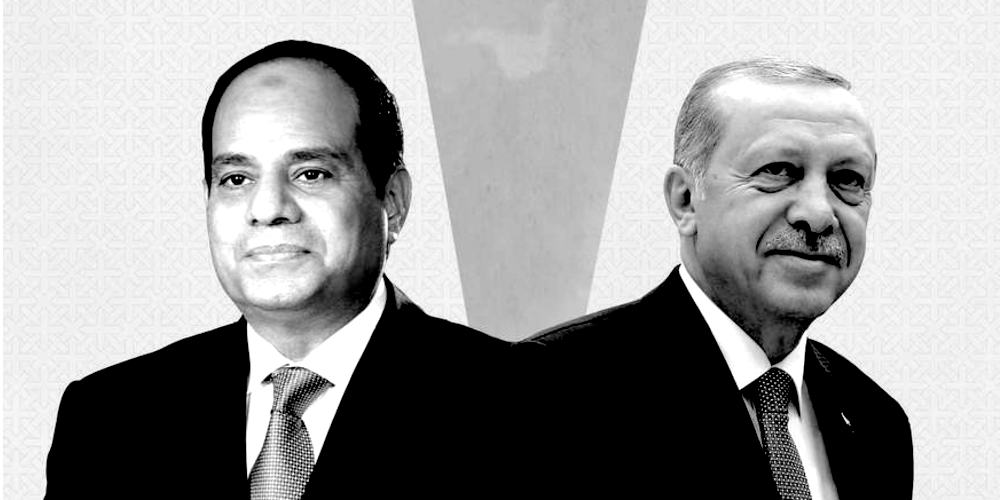BY MANOJ KEWALRAMANI
So money does make the world go round, or at least it does cause the leaders of the ‘free world’ to spin on their axis.
It’s no surprise then that last week as Barack Obama and David Cameron made their respective visits to India and China, that’s precisely what they were after.
But that wasn’t the only commonality between the two visits.
The first was the size of their delegations.
Cameron traveled with one of the largest delegations, comprising 43 bosses from major British companies and four government ministers. Obama, on the other hand, came with an entourage that sold out the Taj. 800 hotel rooms in Mumbai were apparently booked for the visiting Americans.
The fruits of these efforts can be gauged by the following deals that were struck between the parties:
The second was a revelation that while India and China may be in a race to produce English-speaking manpower for Western back-offices, the British and American leaders too enjoy indulging in foreign languages.
Obama’s Jai Hind was perhaps a touch more eloquent than Cameron’s recitation of the Chinese national anthem. However, the message between the lines was clear.
It echoed the kind of desperation that Tom Cruise exuded through his misty eyes towards the end of Jerry Maguire. “You… you complete me.” That’s probably what they really wanted to say as they hoped to woo their respective maidens. We all know though, it’s not really love; it’s still about money and control. Ah, we live in a cynical, cynical world.
So that brings us to the third and most critical bit.
While the American president declared that India was no longer emerging, rather it had emerged, Cameron asserted that there wasn’t an issue in the world that didn’t beg China’s opinion and participation.
The two men also called for both the Asian giants to play a more constructive role in the development and growth of Africa. “It’s a huge market too; come now, let us not compete. Rather, we should explore it together,” they pleaded. Alright, they didn’t say that exactly. But it did sound more or less like that.
Further, as Obama threw the weight of the American people behind India’s bid for a permanent Security Council seat, the British PM seemingly offered to be a brand manager for China at the world stage. “So I want to make the positive case for the world to see China’s rise as an opportunity not a threat,” he said to students at Peeking University.
And then came the caveat. What you can’t deny both of them, however, is the charm with which they carried out this task.
“No one nation has a monopoly on wisdom, and no nation should ever try to impose its values on another,” Obama told the Indian Parliament. After which, he, just as the British leader standing a few miles east of Delhi, began to do exactly that.
Listing out the burdens that come with great power status, they called for financial reform, opening up of markets and a greater and more ‘responsible’ role in world affairs.
“China has attempted to avoid entanglement in global affairs in the past,” Cameron chided, while Obama wagged a stern finger at Indian MPs when he argued that often in the past India had been coy when it came to certain issues on the international fora.
What’s more both leaders used the examples of Iran, to highlight the threat of nuclear proliferation, and Myanmar, to call for standing up against dictatorial regimes and for greater democratisation.
It’s probably naive of us to even wonder why Israel and Saudi Arabia never figured as examples, isn’t it?
In the end, however, both the men essentially carried the same message. Globalisation, in every sense, isn’t a zero-sum game.
Today our interests seem to align together like never before and creating win-win situations is the way forward. It’s perhaps the first time since the realignment after the second world war that the architects of the global system are resorting to such explicit neo-realist language.
While that may all sound hunky-dory, the image that the two leaders left behind can only be described as follows: Like aging fathers sitting in their weary rocking chairs, the two men, who both know what Empires look like before nightfall, looked east from their windows.
“Son, I know it’s time. And so I’ll give. You’ll have all you desire. In return, all I ask is that you better be good, you better be nice. And you better play by the rules…err…I mean my rules.”
(Manoj Kewalramani is a guest writer with Canary Trap. He has worked with top media houses like NDTV before becoming an Independent Blogger and Writer.)


